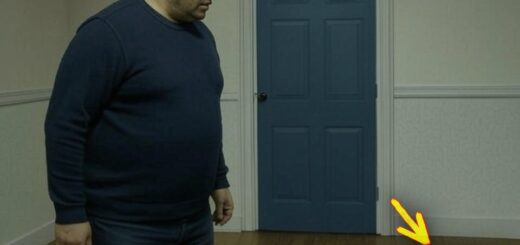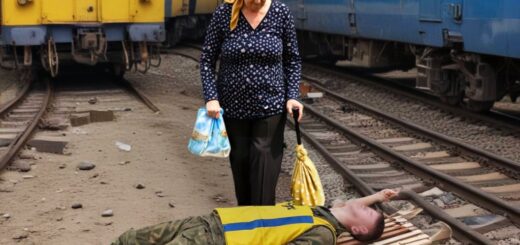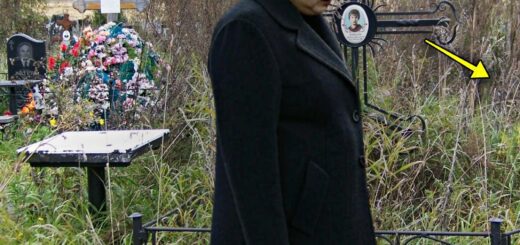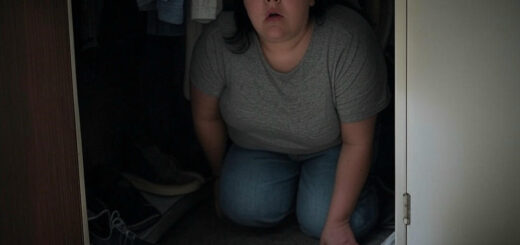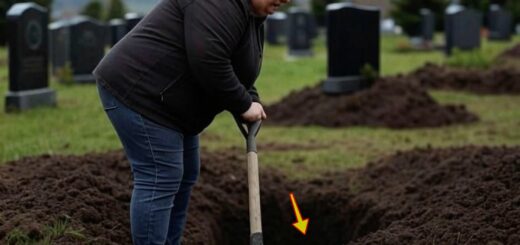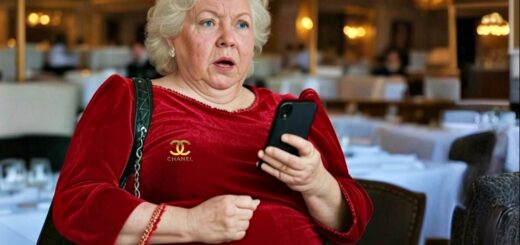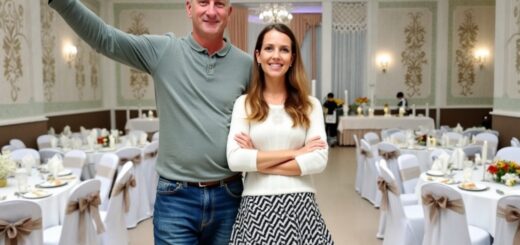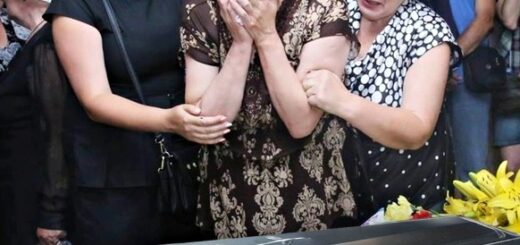When I finally realized my dream and bought a house for my husband and me, that very same day, he declared..
Don’t worry, there’s plenty of space for everyone.” “Not yet. We need the right moment.”
These fragments made me wonder. What plan? What shouldn’t I suspect? And who was “everyone”? But I didn’t dare confront him—I didn’t want to seem paranoid or admit I’d eavesdropped. My relationship with James’s mother, Patricia, was always strained.
A tall, imposing woman with piercing gray eyes, she made it clear from our first meeting that she thought me unworthy of her only son. Too plain, too small-town, too ordinary. Patricia was a high school English teacher at a prestigious academy, widow of a well-known local architect.
She’d raised James alone since he was ten and seemed to see him not just as a son but as an extension of herself, a carrier of family legacy and ambition. My efforts to bond with her always failed. I tried being friendly, asking about her health, giving holiday gifts, but met icy politeness and thinly veiled disdain.
Dinners at her house were torture: she critiqued how I held my fork, how I sat, corrected my speech if I mispronounced a word or used one she deemed improper. “Don’t say ‘calls,’ Sarah, it’s ‘places a call,’” she’d say with a smile that chilled me. “Educated people don’t speak that way.”
Early in our marriage, I swallowed these jabs silently, not wanting to upset James, who adored his mother and ignored her treatment of me. Later, I learned to respond politely but firmly. It didn’t improve things, but it made her more cautious.
Things weren’t much better with James’s sister, Laura. Five years older than James, she was a small-town journalist in a nearby county, raising two kids from different fathers. Both marriages ended in divorce, and Laura lived with her kids in a cramped two-room apartment, constantly complaining about money, household woes, and her lackluster love life.
Oddly, despite her complaints, she never tried to change things. She didn’t seek better jobs, pursue alimony, or focus on raising her kids, who grew up largely on their own. Instead, she regularly called James for financial help, which he felt obliged to give—she was his only sister. Her kids, my nephews by marriage, weren’t easy either. Fifteen-year-old Ethan was a sullen teen, glued to his tablet and earbuds.
He barely acknowledged greetings, sat silently at the table staring at his screen, and seemed to live in a parallel world. At school, he struggled with grades and behavior, but Laura brushed it off: “Boys his age are like that.” Thirteen-year-old Chloe was his opposite—loud, impulsive, always at the center of some drama.
She fought with friends, crushed on classmates, threw tantrums over clothes or gadgets her mom couldn’t afford. Her relationship with Laura was tense—both had fiery tempers and no patience for compromise. When James’s family gathered—usually for holidays or birthdays—I felt like an outsider.
They spoke their own language, peppered with family jokes and references I didn’t get. They reminisced about past events I wasn’t part of, discussed people I didn’t know. James changed in their presence—sharper, more sarcastic, distant.
I saw how he shifted around his mother, alternating between formal respect and boyish mischief, as if seeking her approval. Over the past year, we’d seen his family only a few times. They lived in a small town three hours away, a tough trip by train and bus.
James visited more often, alone, saying I’d be bored and he needed to help his mom with chores—fix something, repair the house, chop firewood for winter. I knew their recent lives only through him. His mom’s arthritis had worsened, making chores hard.
There was trouble at her school, a clash with the new principal. Laura’s hours at the newspaper were cut, leaving her strapped. Ethan faced school issues again, even risking expulsion for truancy and rudeness.
I sympathized but was secretly glad we lived far enough to stay out of their chaos. James and I had our own life, plans, dreams. The biggest was the house—our house—where we could build a family unlike his or mine.
A family rooted in love, respect, and support. But now, with the dream nearly realized, a strange unease gnawed at me. Something was off.
Something was shifting in James, in our life, in our plans, and I couldn’t pinpoint what. The day before I got the keys, something happened that made me question everything. I came home early from work—a meeting was canceled—and found James in the hallway with two large suitcases.
“Where are you going?” I asked, staring at the bags. He flinched and quickly shoved them behind a cabinet. “Sarah! You’re home early.”
“Meeting got canceled,” I said, eyes fixed on the suitcases. “So, where are you headed?” “Oh, that…” He hesitated. “I need to visit Mom for a couple of days.
Her roof’s leaking after the rain. I’m going to help fix it.” “And you need two huge suitcases for that?”
I couldn’t hide my skepticism. “You’ve never taken so much stuff to her place before.” “Well, I don’t know how long the repairs will take,” he said, avoiding my gaze.
“Might stay a week or two. Packed extra clothes so I don’t have to do laundry every day.” His explanation sounded flimsy, but I didn’t press.
Something told me he wouldn’t tell the truth anyway. “When are you leaving?” “Tomorrow morning,” he said, visibly relieved I wasn’t pushing. “Train’s at six.
You’ll still be asleep, didn’t want to wake you.” “Got it,” I said, heading to the kitchen as anxiety grew inside me. “Want some tea?” That evening felt strange.
We ate dinner in silence, exchanging meaningless small talk. James was distracted, checking his phone constantly, answering absently. I couldn’t shake the feeling he was hiding something.
Too many oddities had piled up: cryptic phone calls, sudden absences, irritability, and now the suitcases. After dinner, he said he had to finish a rush project and locked himself in his room. I heard him talking on the phone—quietly but heatedly.
I didn’t eavesdrop—I already felt paranoid enough. When I woke the next morning, James was gone. A note on the kitchen table read: “Left as planned…


